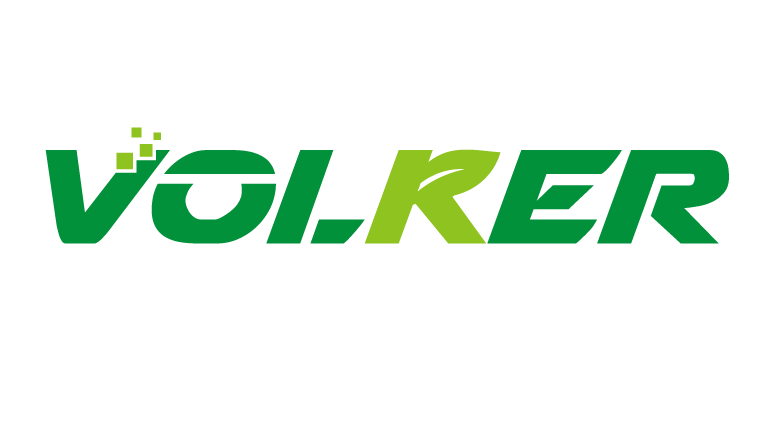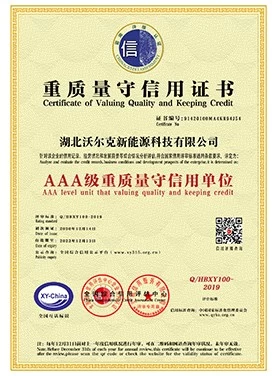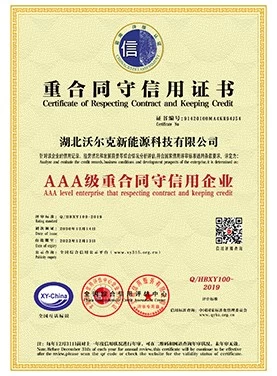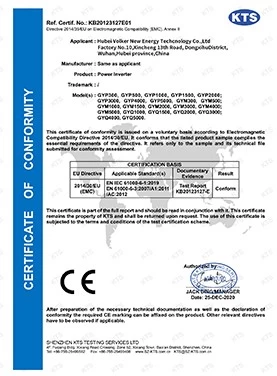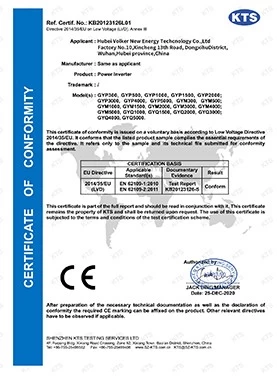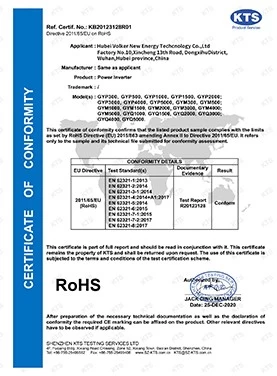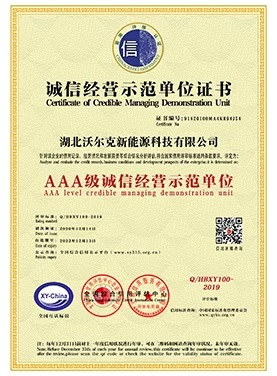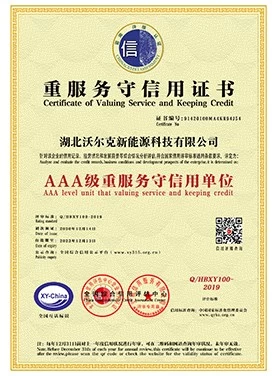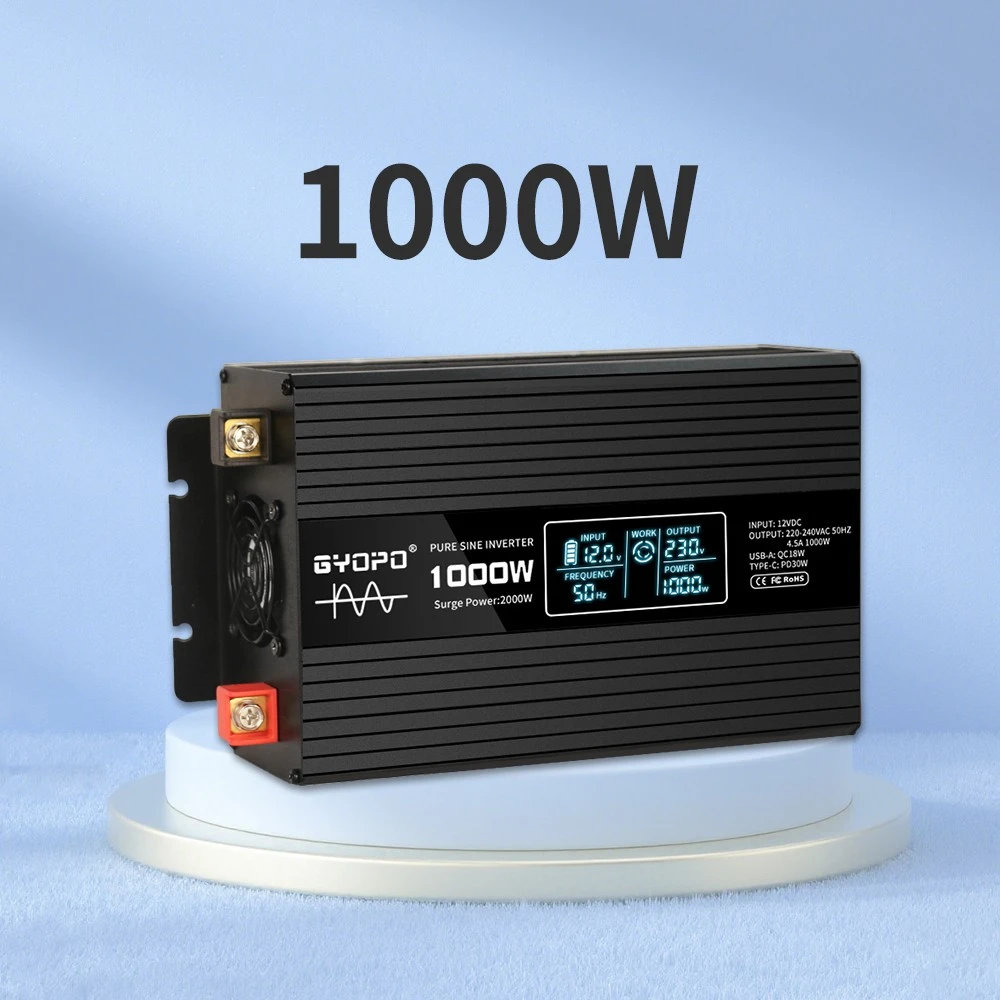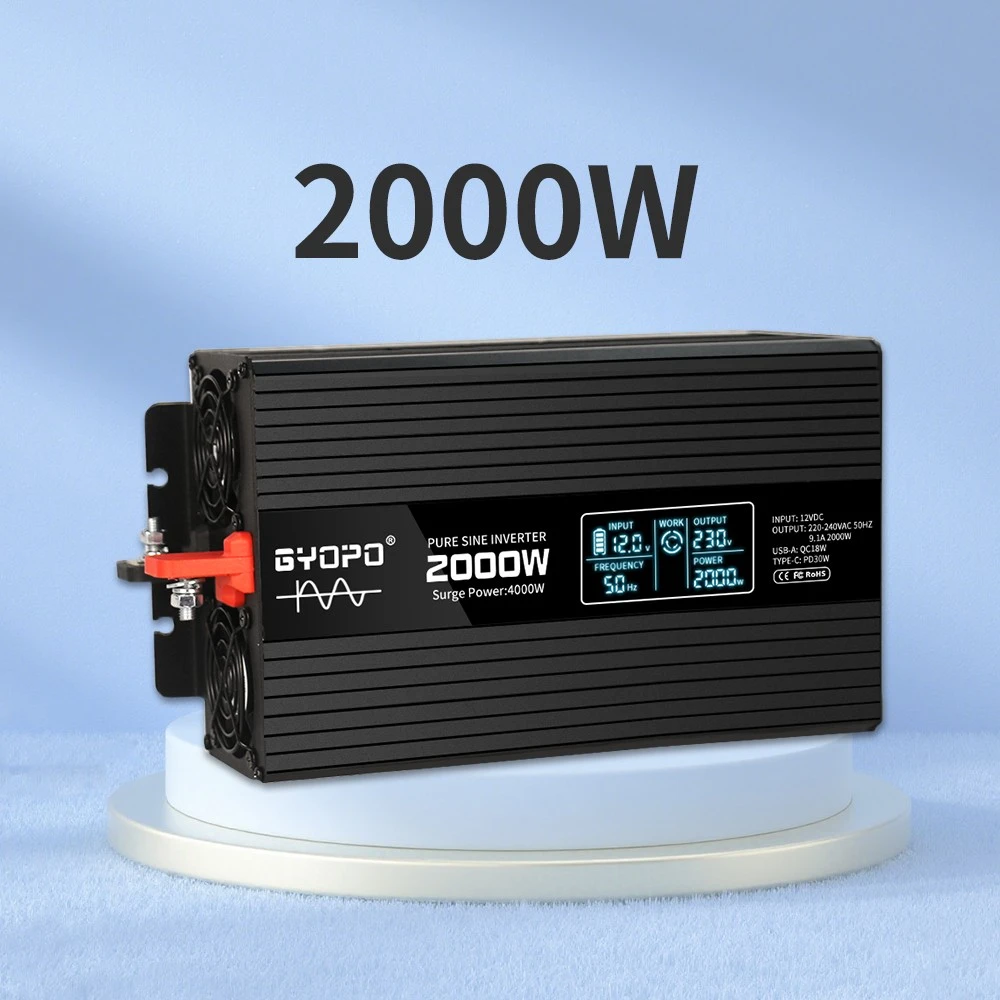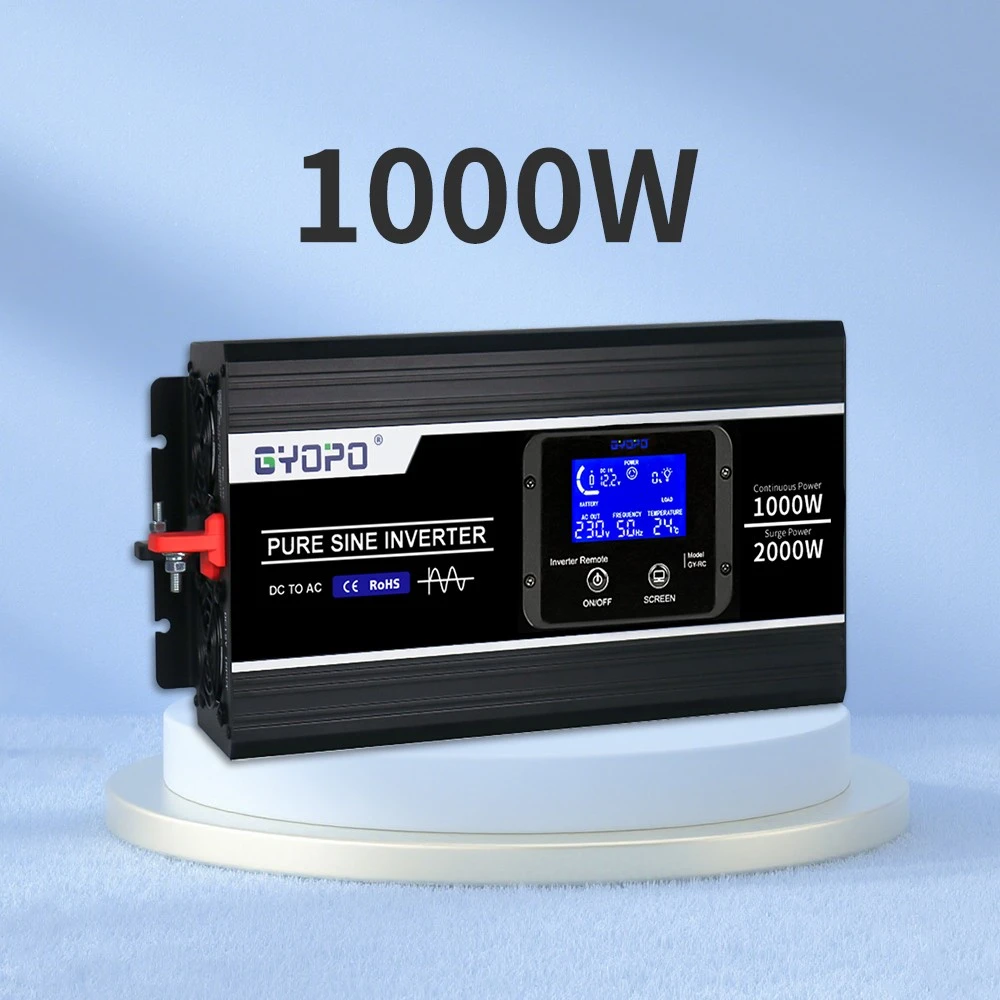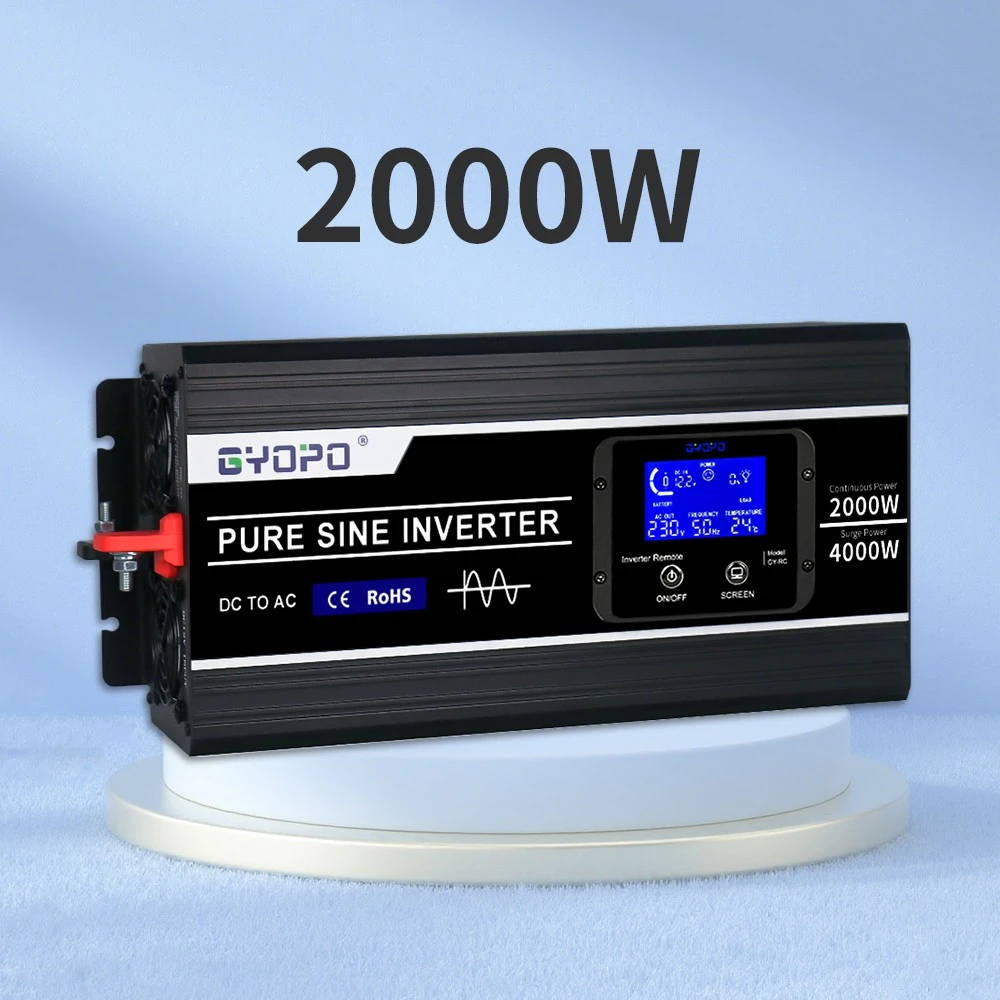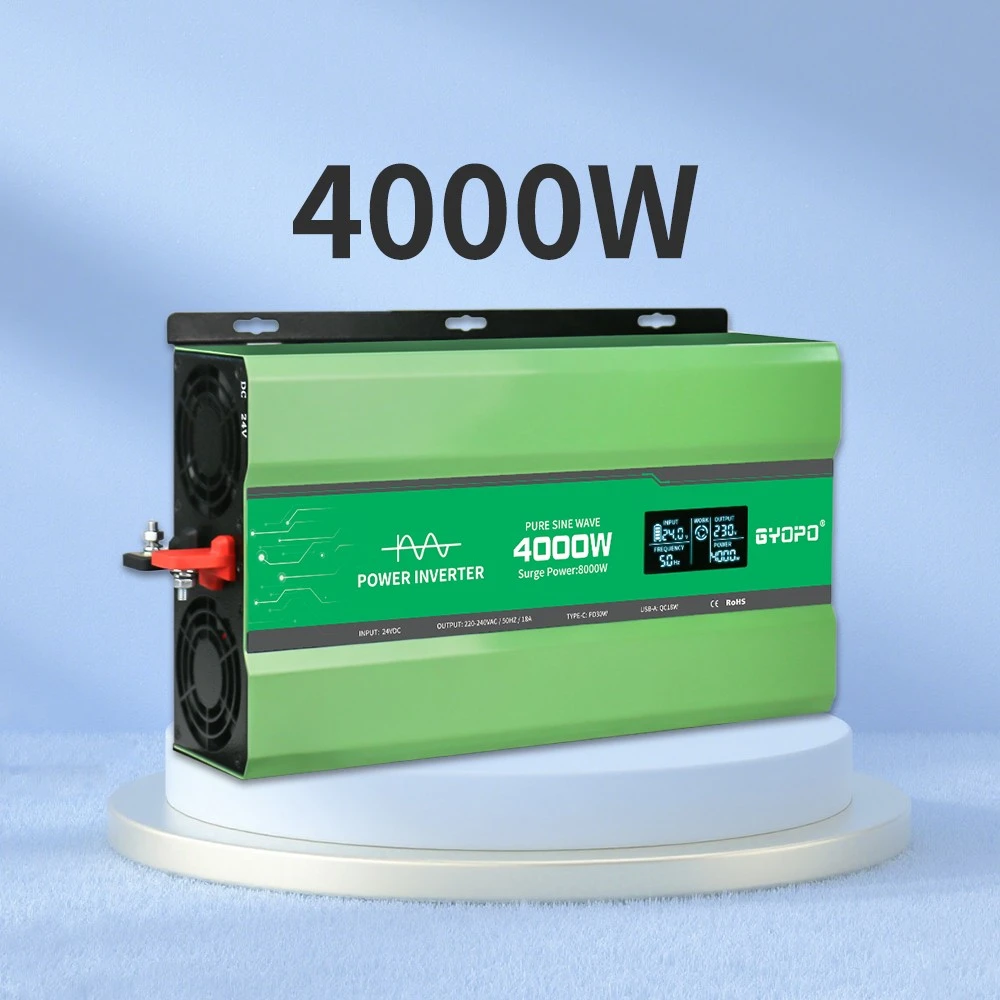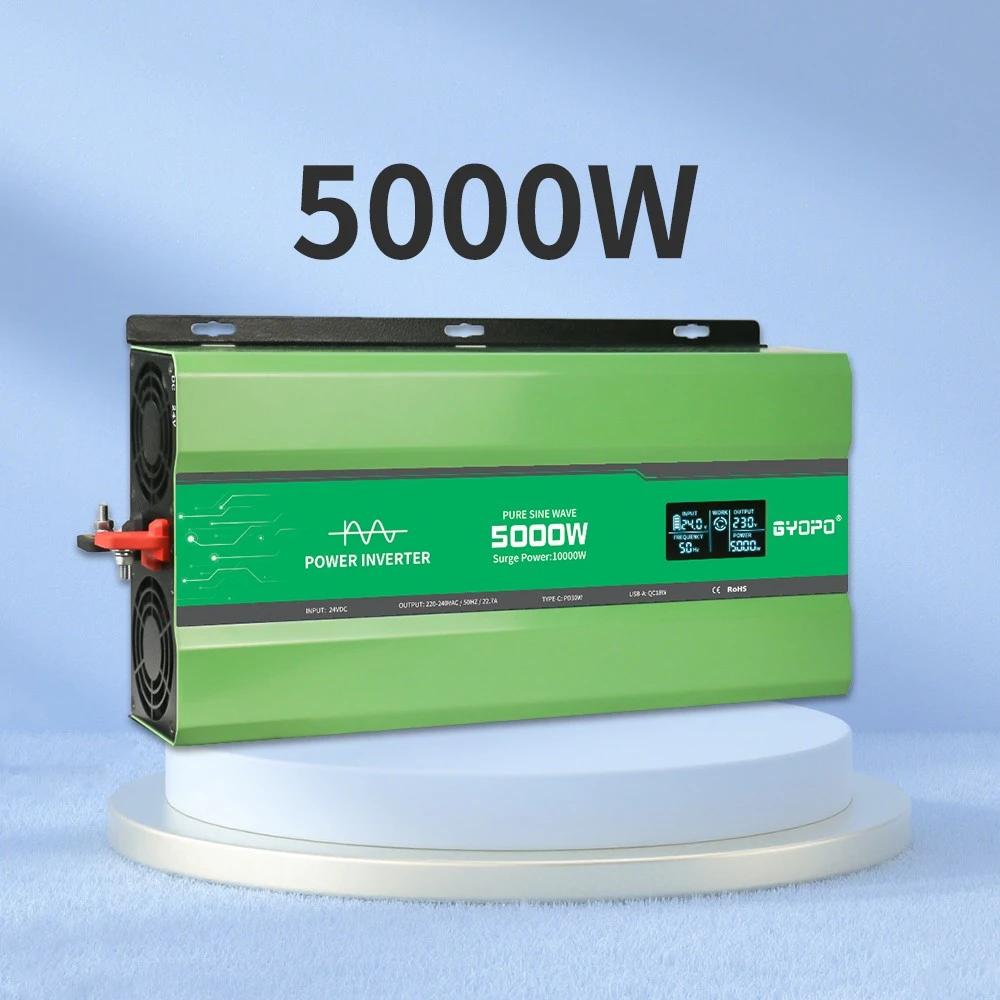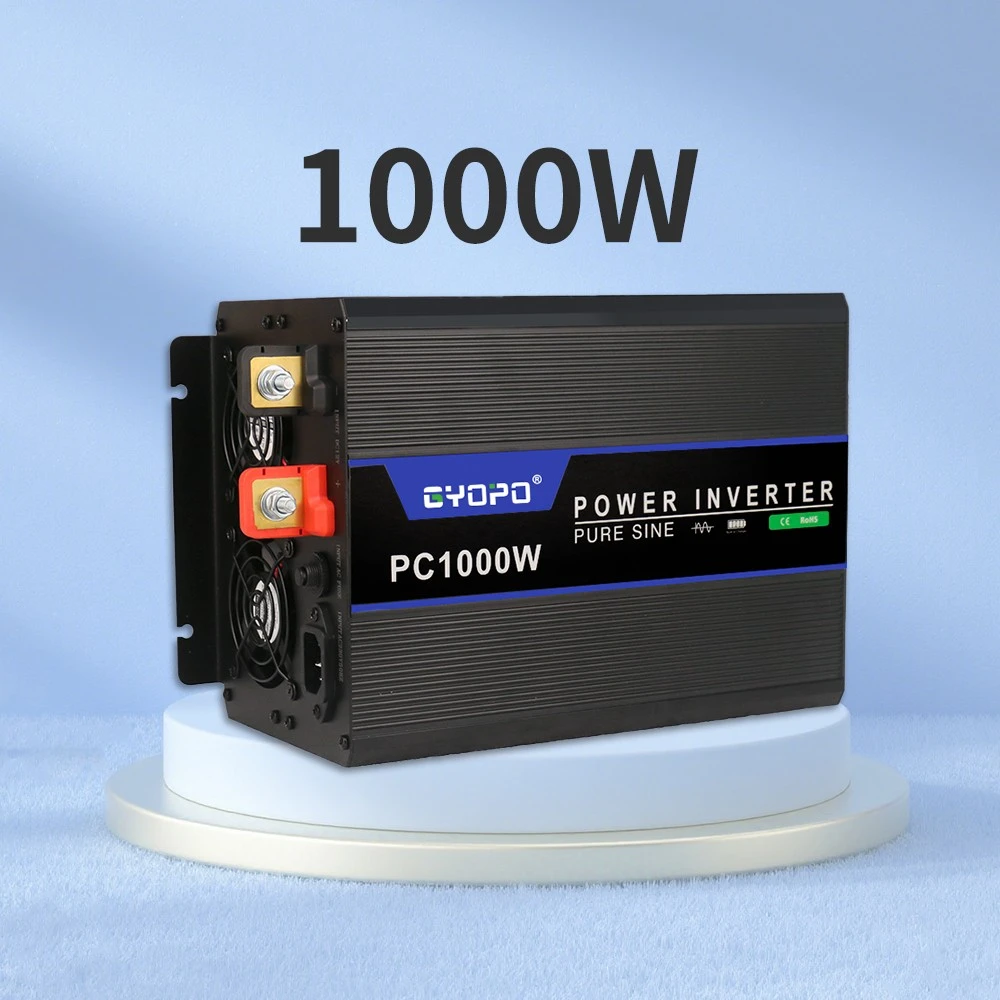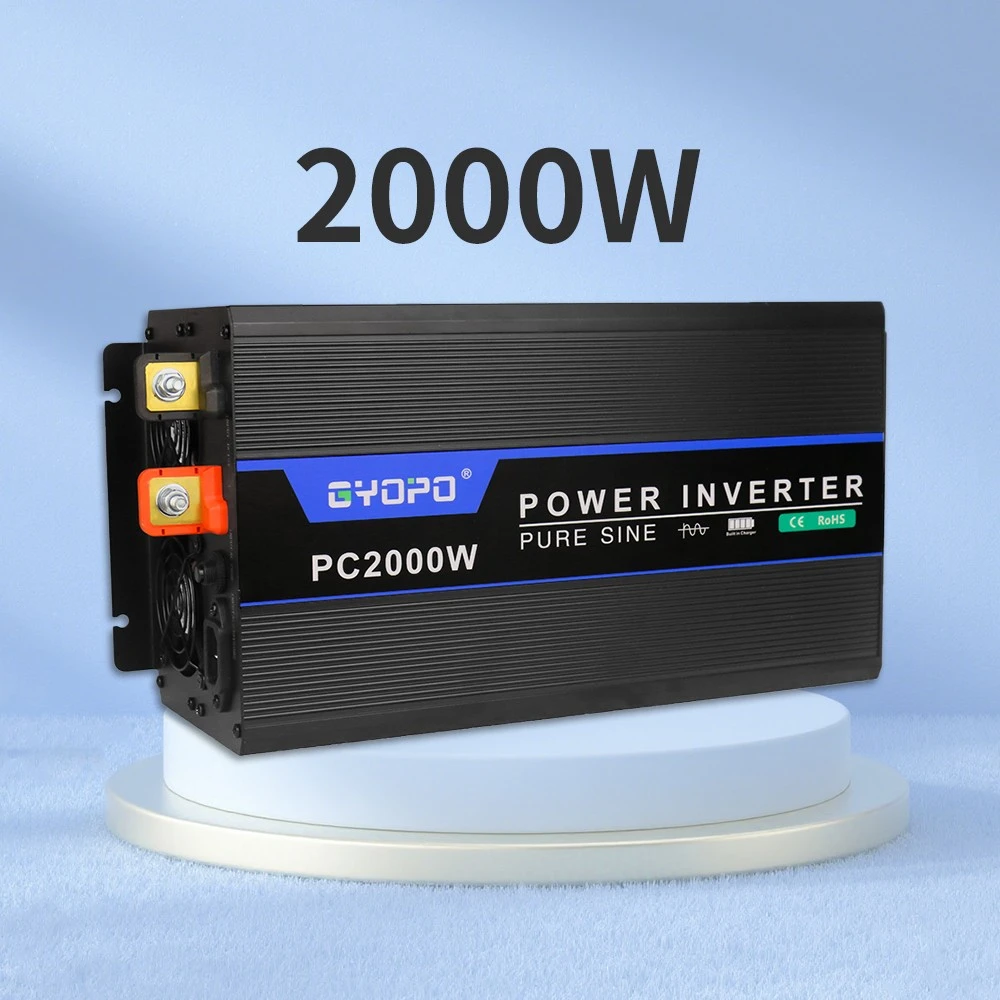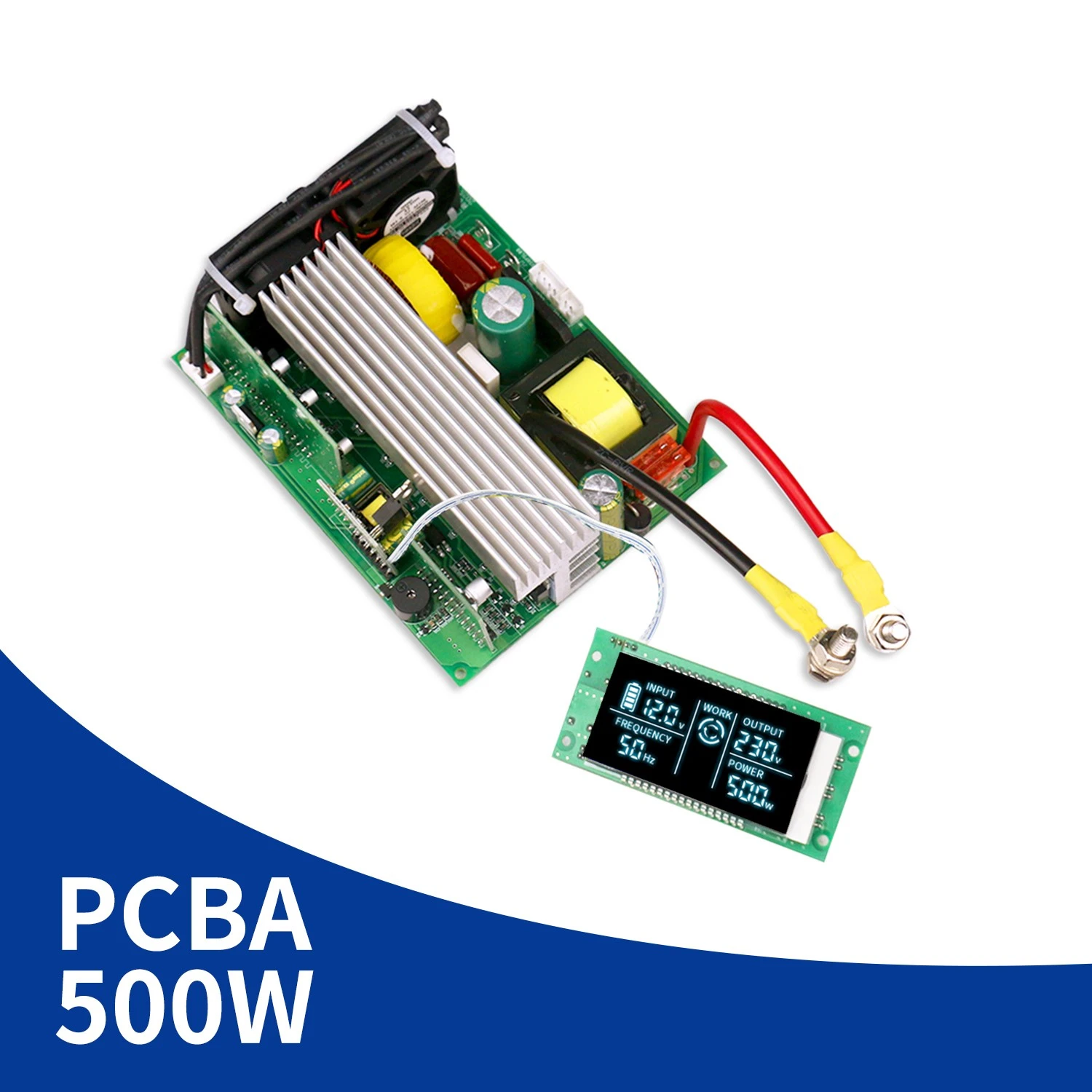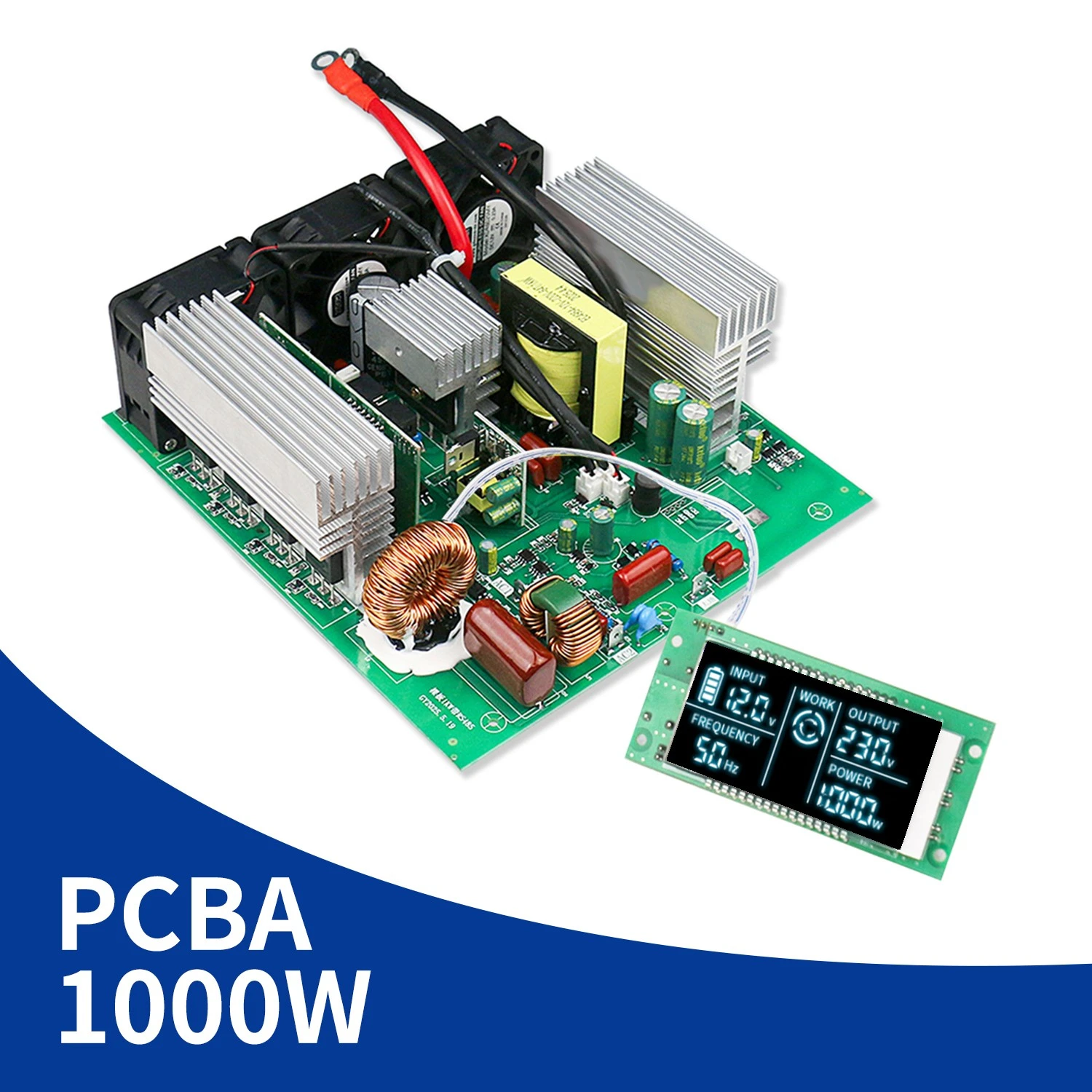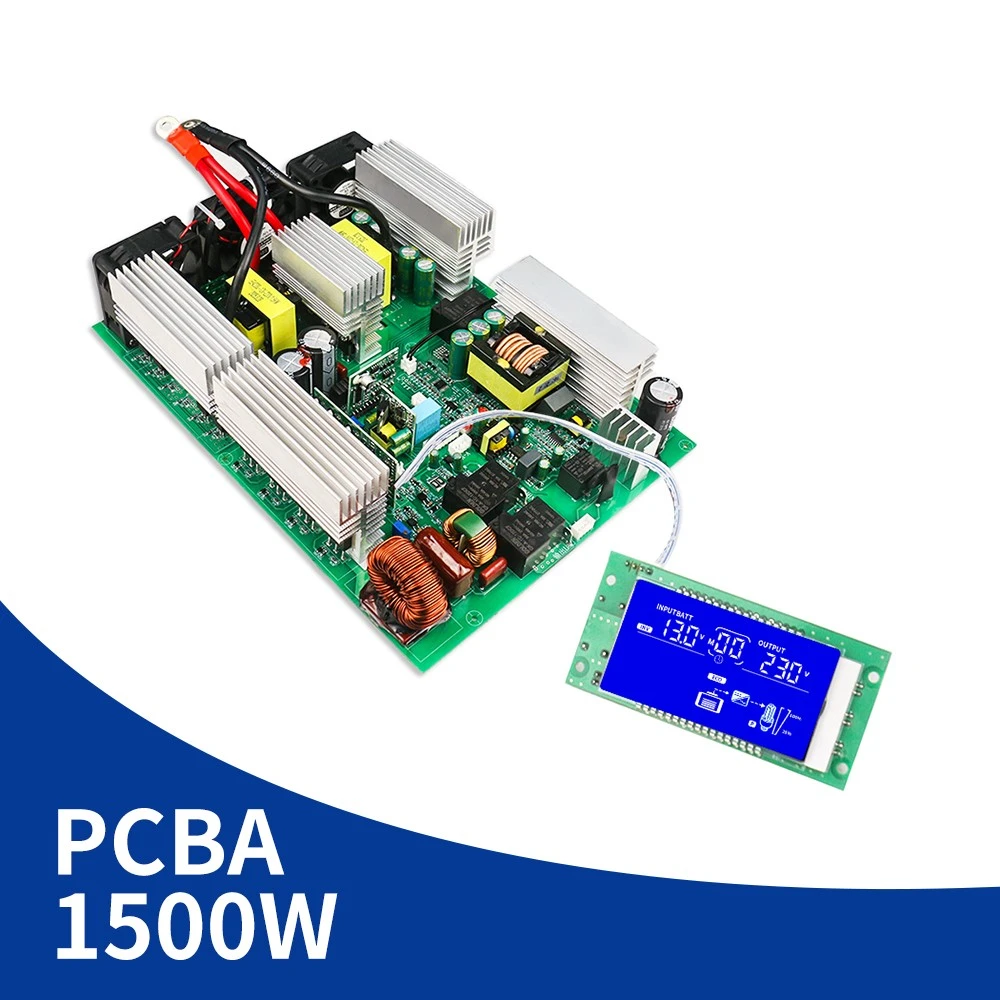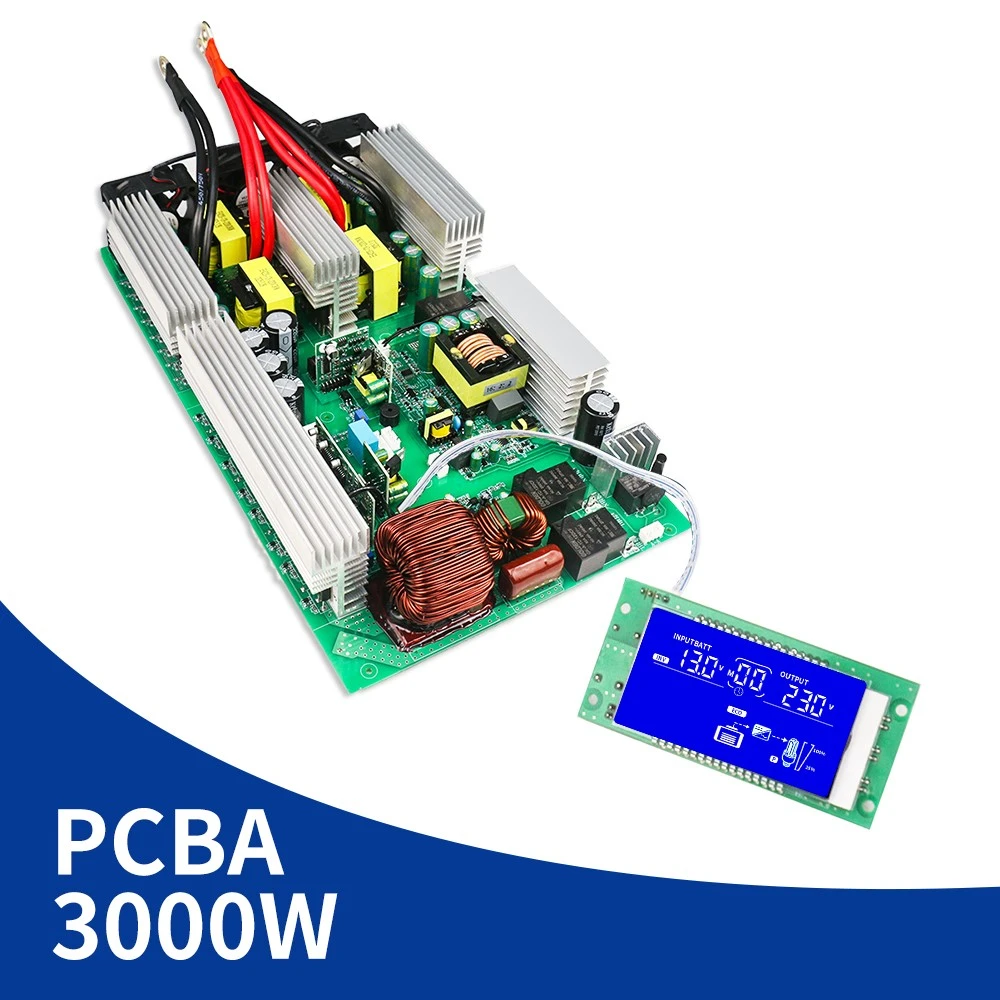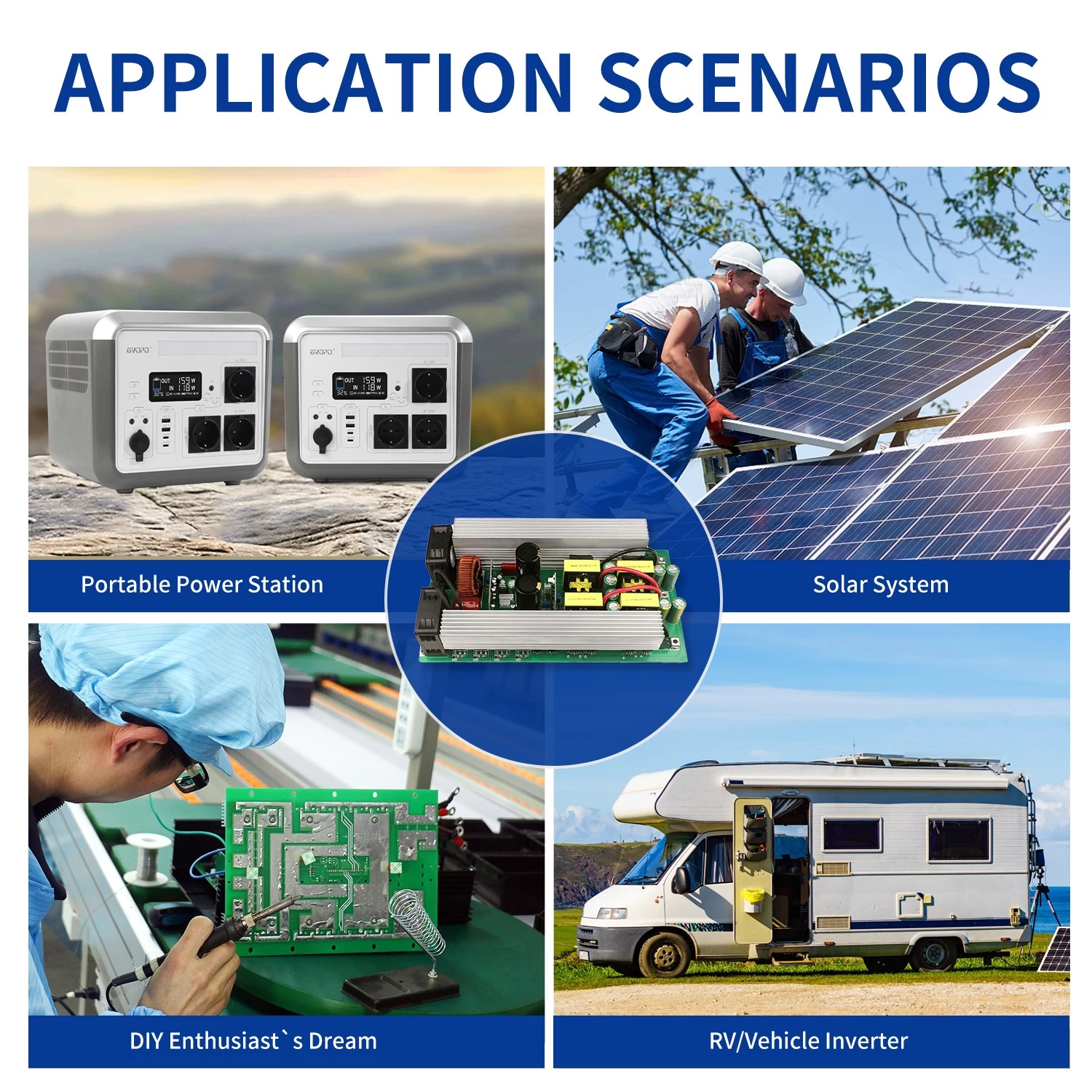Applications of Off-Grid Inverter Motherboards
Introduction
Off-grid inverter motherboards serve as the core control unit in standalone power systems, enabling the conversion of DC power from renewable energy sources or batteries into usable AC power. These sophisticated printed circuit boards (PCBs) integrate power electronics, control algorithms, and protection mechanisms to ensure efficient and reliable operation in remote or decentralized energy systems.
Key Applications
1. Remote Residential Power Systems
Off-grid inverter mainboards are widely used in homes and cabins located in areas without access to the utility grid. They manage energy from solar panels, wind turbines, or battery banks, providing stable AC power for household appliances, lighting, and electronics.
2. Telecommunication Infrastructure
Telecom towers and remote communication stations often rely on off-grid inverters to ensure uninterrupted power. The motherboard regulates energy flow from backup batteries or hybrid renewable systems, maintaining critical operations in off-grid or unstable grid conditions.
3. Agricultural and Rural Electrification
In farming and rural communities, off-grid inverter systems power irrigation pumps, livestock equipment, and processing machinery. The motherboard optimizes energy usage, ensuring efficient operation even with fluctuating input from solar or wind sources.
4. Marine and Mobile Applications
Boats, RVs, and mobile power units utilize off-grid inverters to convert battery-stored DC power into AC power for onboard electronics, lighting, and appliances. The motherboard ensures stable output despite variable loads and environmental conditions.
5. Emergency Backup Power Systems
Off-grid inverters with advanced motherboards are integrated into backup power systems for hospitals, emergency shelters, and disaster recovery setups. They provide seamless transition during grid failures, often working in conjunction with generators or battery storage.
6. Microgrids and Community Power Projects
In remote villages or island communities, off-grid inverter motherboards facilitate decentralized microgrids. They manage power distribution from multiple renewable sources, ensuring balanced loads and preventing system failures.
Conclusion
Off-grid inverter PCBA play a crucial role in diverse applications where reliable, independent power is essential. Their ability to integrate with renewable energy sources, battery storage, and load management systems makes them indispensable in modern off-grid power solutions. As technology advances, these motherboards continue to improve in efficiency, durability, and smart control capabilities, further expanding their applications in sustainable energy systems.
